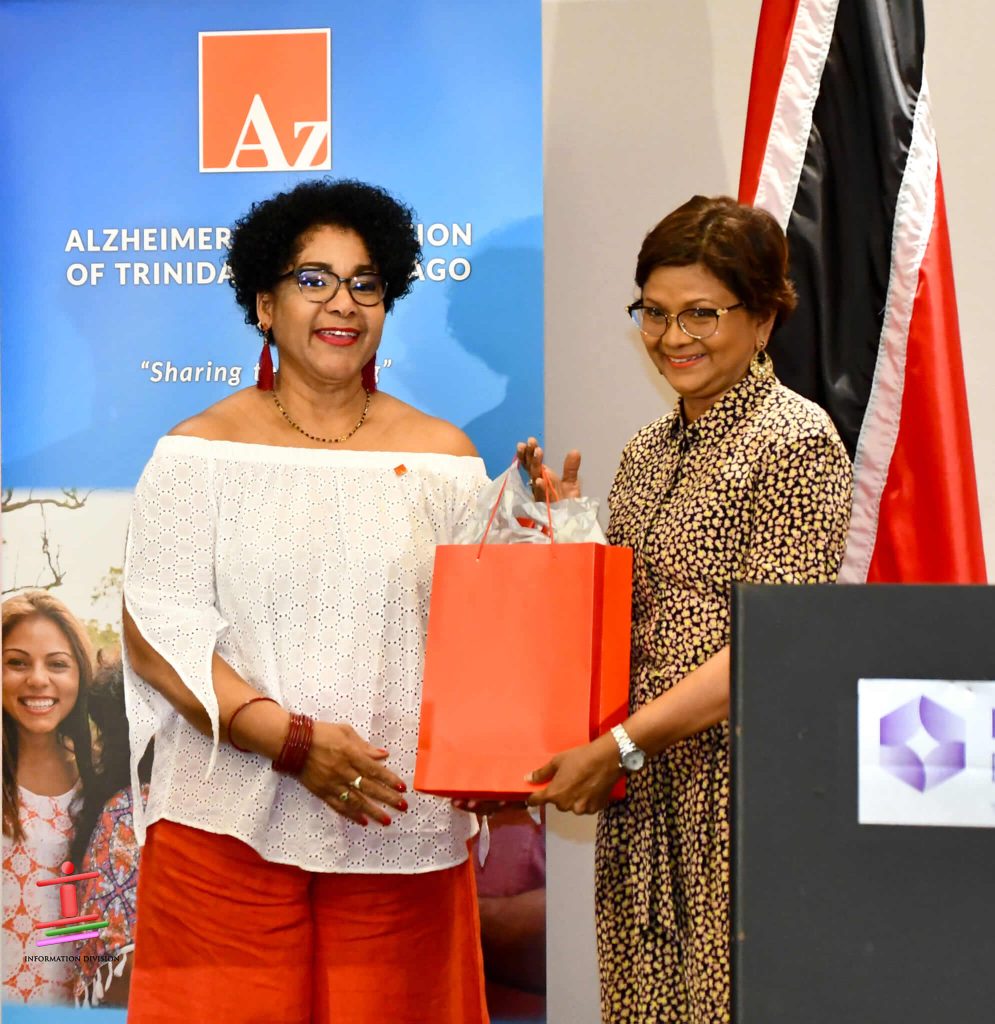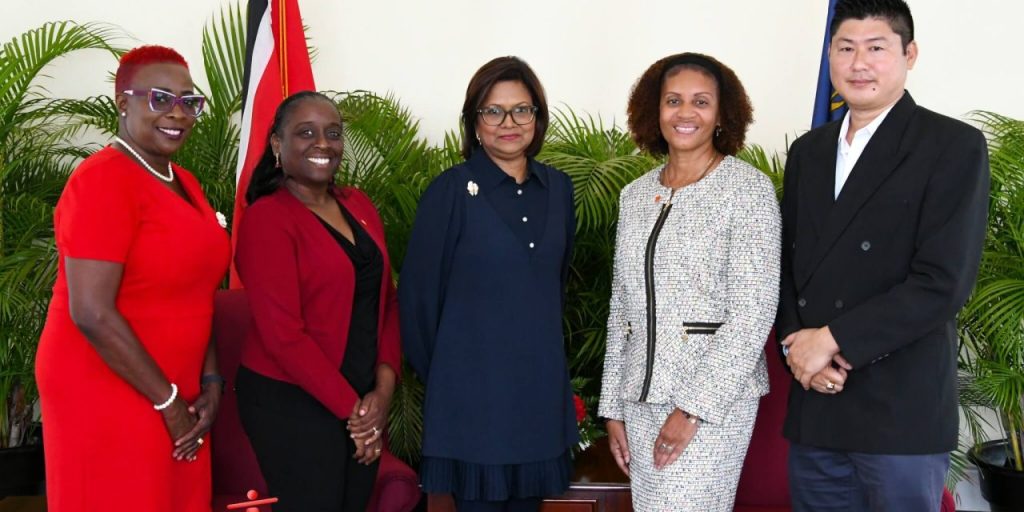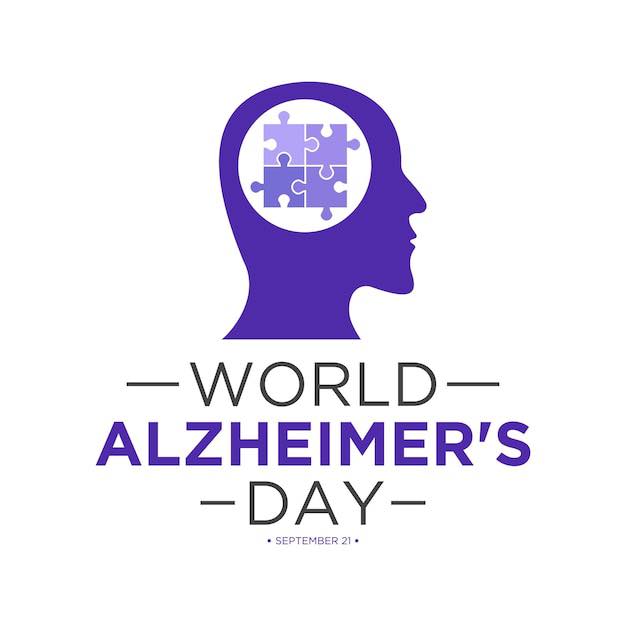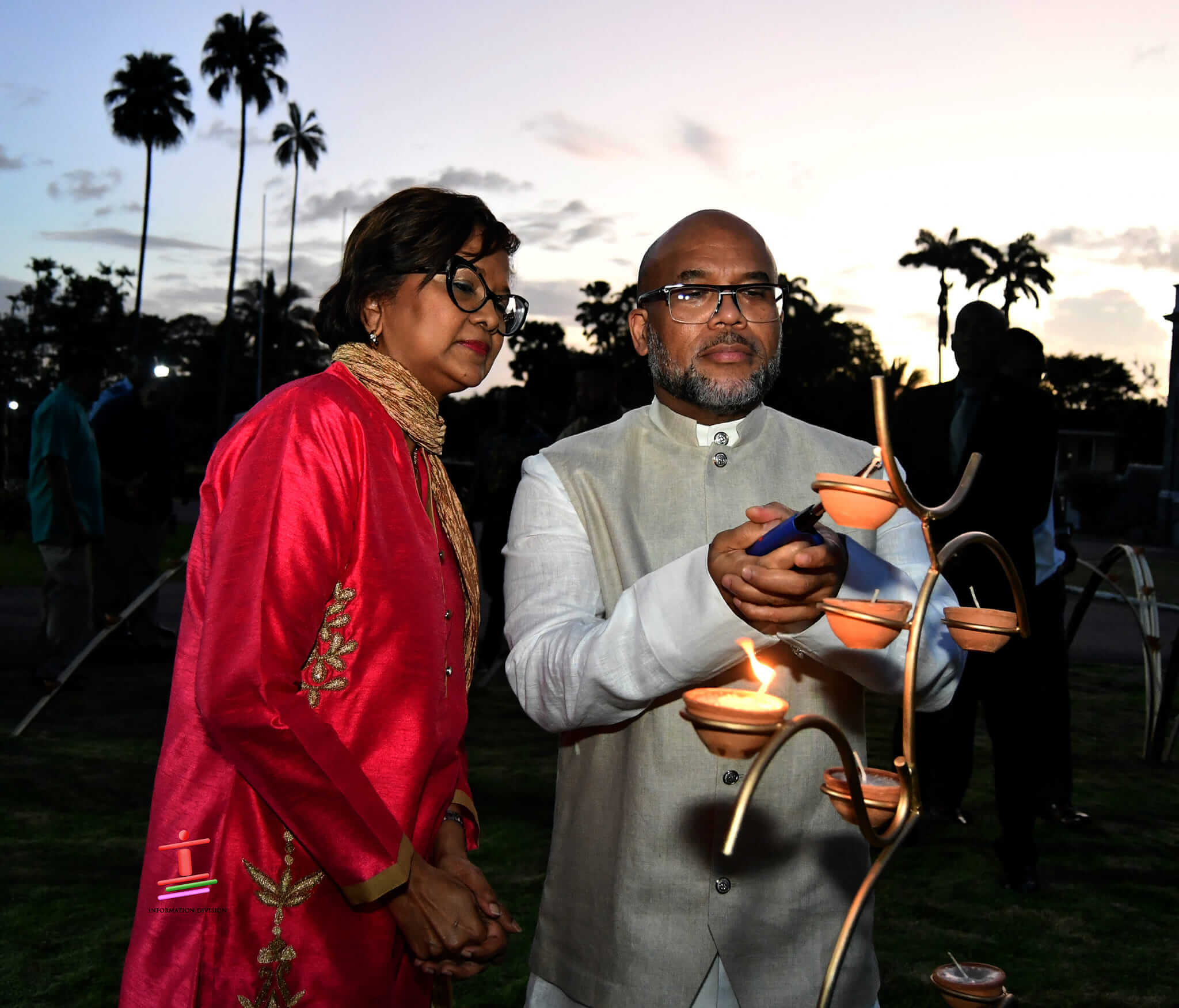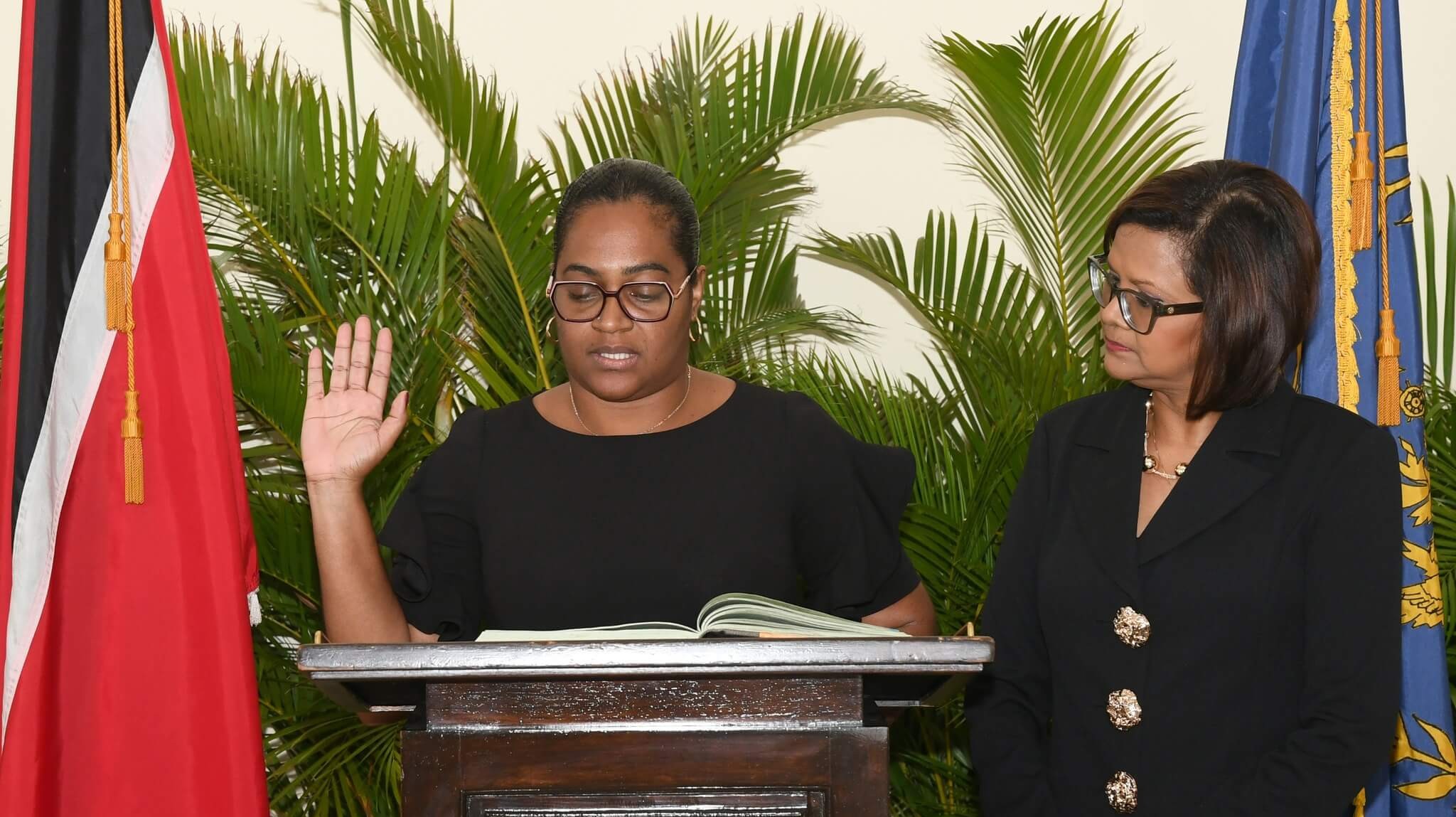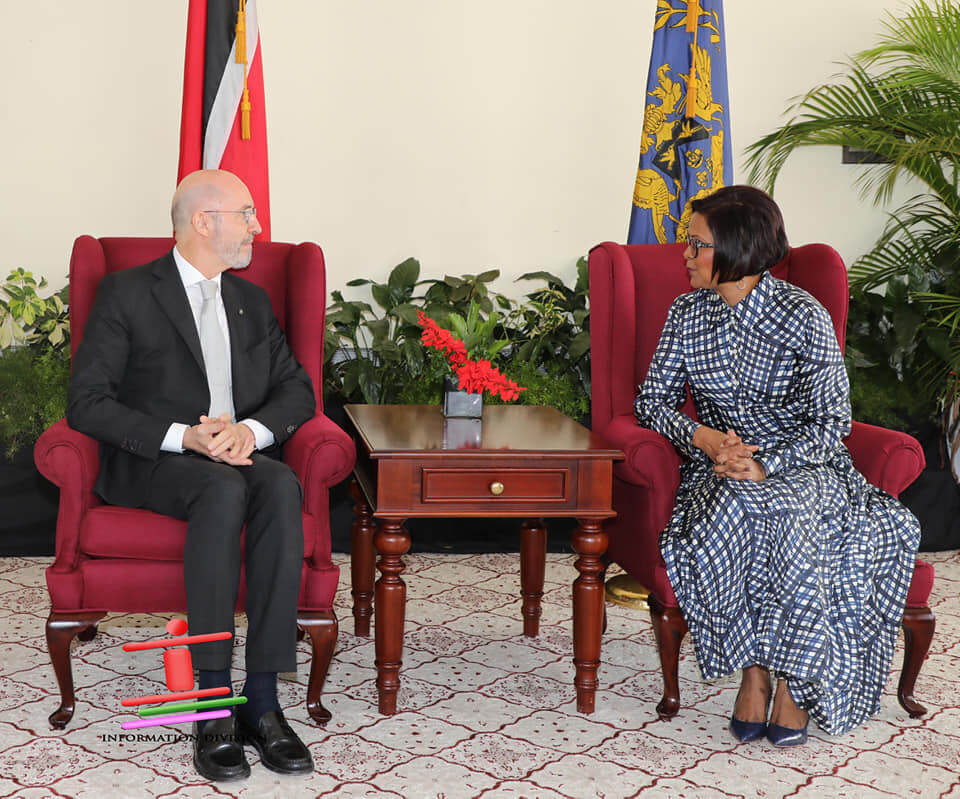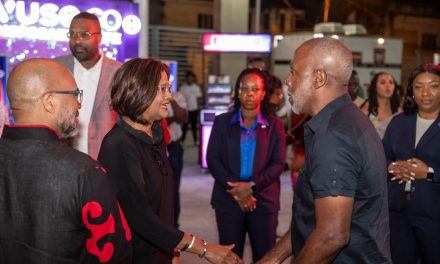Today is World Alzheimer’s Day, part of a global month-long effort aimed at raising awareness and challenging the stigma surrounding Alzheimer’s disease and other forms of dementia.
Alzheimer’s disease is a form of dementia which greatly affects memory, thinking and behaviour. It is estimated that 55 million people around the world live with dementia—a figure projected to reach 78 million by 2030. Trinidad and Tobago is not exempt from this growing public health challenge. A 2014 prevalence study by researchers at The University of the West Indies, St. Augustine Campus, revealed that nearly 1 in 4 Trinidadians over age 70—approximately 23.5%—are affected by dementia.
In light of these sobering statistics, I believe that World Alzheimer’s Month, observed throughout September, provides a vital platform to educate the public, support affected individuals and families, and advance research.
This year’s theme, “Ask about Dementia, Ask about Alzheimer’s,” is both timely and necessary. It calls on each of us to engage in frank, open conversations, seek credible, science-based information, and share that knowledge widely.
While landmark research continues to shed new light on the causes, early signs and potential treatments for dementia, its true value lies in how well it is understood and applied in the daily lives of those affected. I firmly believe that by embracing this call to action, we can not only achieve earlier diagnoses, but also attain improved treatment outcomes, better access to care, and stronger, more empowered support systems.
It is therefore critical for people to know that support and information are available. The Alzheimer’s Association of Trinidad and Tobago (AzATT) is committed to respecting the dignity of persons with dementia and their caregivers, and to improving their quality of life through education, advocacy, and support.
As Patron of AzATT, I urge individuals, families, and caregivers to seek out and use these resources—and to learn more about how to navigate the challenges of dementia with greater confidence and care.
On this World Alzheimer’s Day 2025, let us ask the difficult questions and commit to gaining greater
understanding and awareness of this disease. In so doing, we will be better equipped to dispel misconceptions, reduce stigma, and take meaningful action to delay, and, in some cases, prevent, the onset of dementia.
Let us work toward a future in which dementia is better understood, more effectively treated, and one day, no longer a threat to our families and communities.
